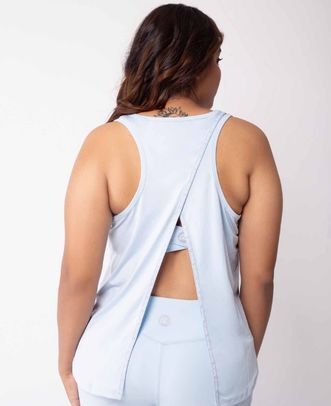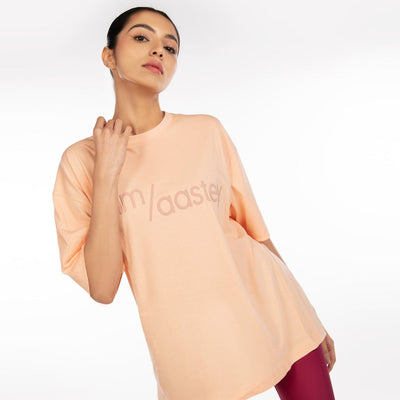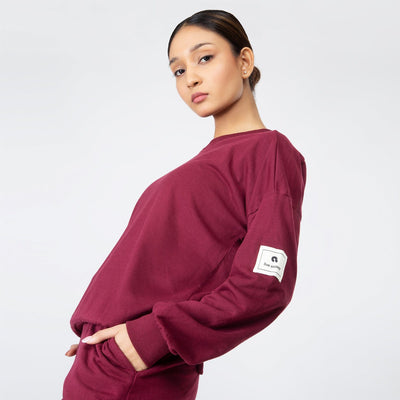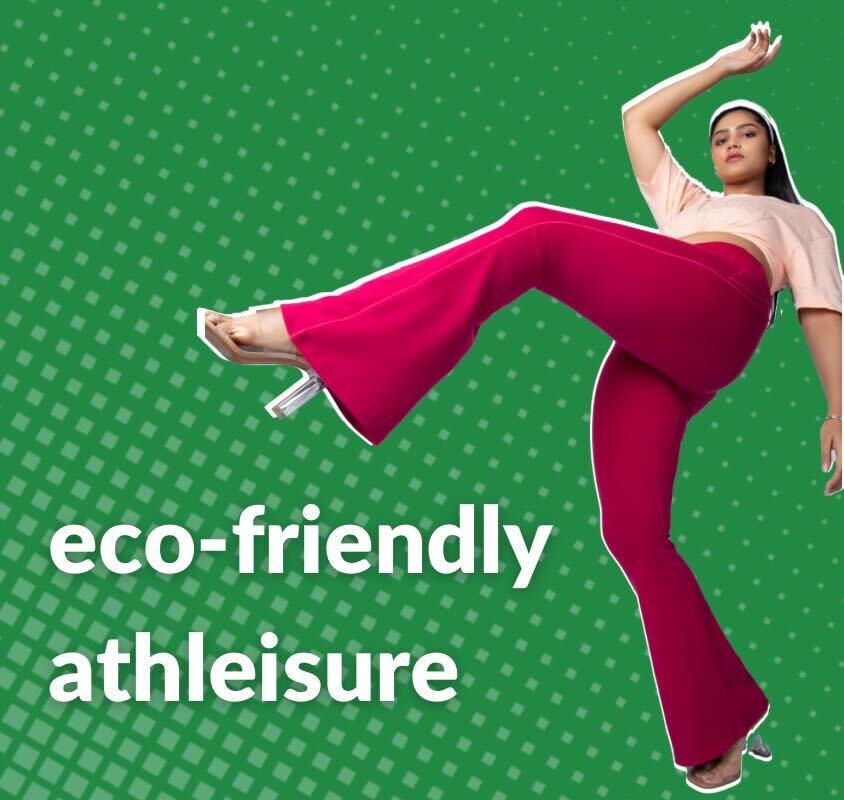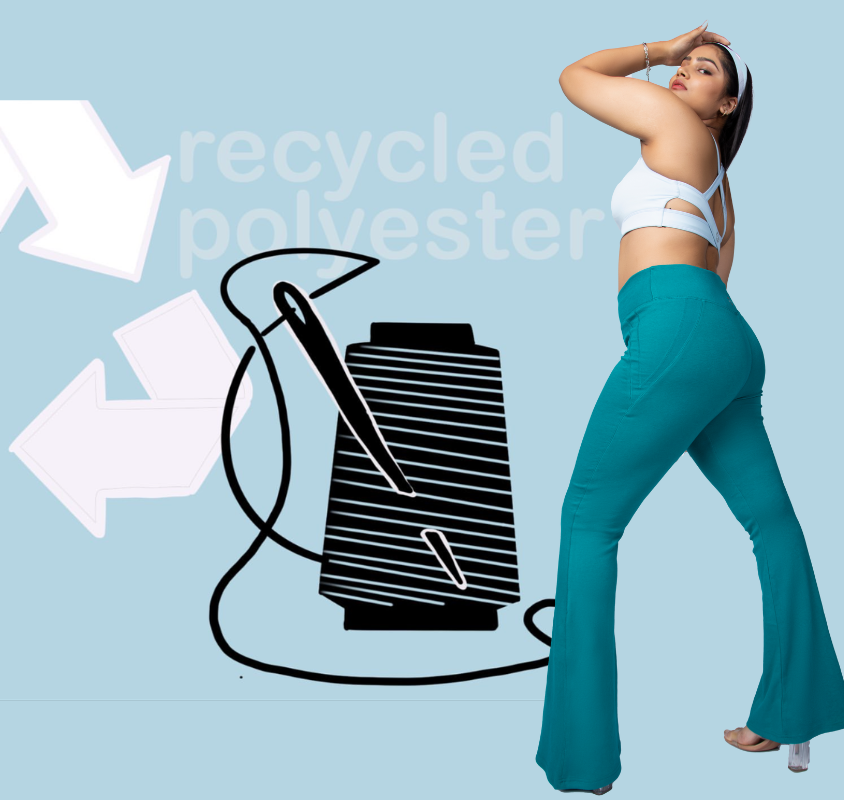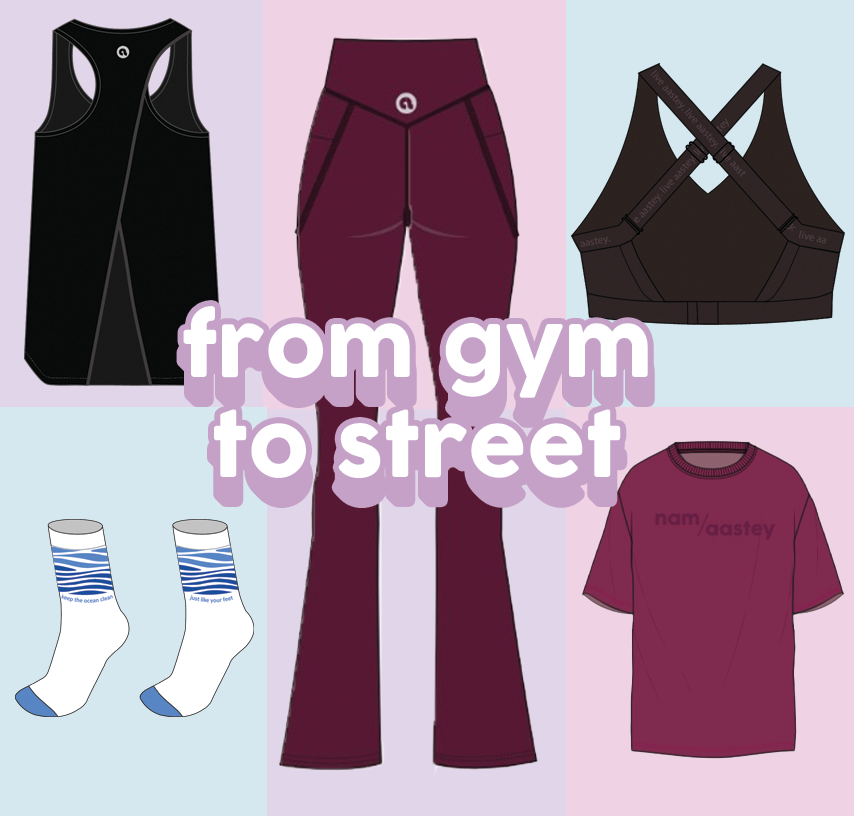lately, sustainability has become a word that is not a stranger to any of us. we are all becoming more aware of the pitfalls of living without caring about how we are harming our ecosystems. in fact, many of us are changing our consumption habits to be more sustainable and eco-friendlier.
research shows that gen z is much more likely to spend money or engage with companies that are seen to be ethical. as a result, not only the fashion industry but many businesses and brands are cashing in on the opportunity to be more "conscious," but only if things were so simple.

what is greenwashing?
greenwashing is the practice of companies claiming to be eco-friendly and sustainable when they are really not. they just want to present a green façade in order to ease our conscience and trick us into buying their product.
many fashion companies have also taken the road of vague buzzwords to make you believe that you will make a difference if you buy their products. a study found that 60% of the claims made by 12 british and european fashion giants, including zara, were either ‘misleading" or "unsubstantiated".
the study claims that most of these brands are giving information about sourcing and production methods. but there are also brands that are making great advancements in their promise to be more sustainable.
whether there is sufficient information or not, so many campaigns and claims could get a little confusing for an everyday consumer.

so, how to be vigilant about greenwashing?
if a company is looking for more ways to be sustainable while using recycled fabrics, they will be transparent about the percentage of recycled fabrics in their clothes. no brand can be instantly 100% sustainable instantly, but if the company is really committed, then they will strive to do better and measure their own performance in a transparent manner every year.
even if a product says "natural," it doesn’t mean it is sustainable. let’s say your cloth has a certain natural fibre called viscose, it's not really "eco-friendly" because at least 150 million trees are cut down for viscose production every year. so be careful when you check the description.
look at brands who are taking a holistic approach instead of piecemeal collections. it takes a while to become a sustainable brand, but it has to be a complete transition and not a half-hearted compensation for their other unethical practices.
aastey strives to be a sustainable athleisure brand where you can choose to live sustainable while being comfortable and fashionable at the same time. we want to create a community that strives forward together to make our lifestyle more sustainable.
whatever we do, we can promise to always keep you in the loop. because you deserve the truth to make the right choice.
take care! live aastey!

